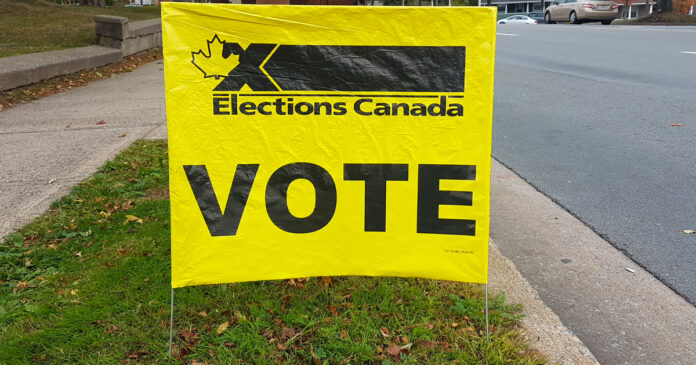The Liberals introduced a bill to alter the Elections Act in a way that would coincidentally allow nearly 80 MPs to qualify for a cushy House of Commons pension.
Minister of Public Safety Dominic LeBlanc introduced many changes to the Elections Act on Wednesday, one of which was to move the current scheduled election day from Oct. 20 to Oct. 27, 2025.
LeBlanc claims rescheduling the date to a week later is to acknowledge the Hindu religious festival of Diwali, saying that the overall bill is designed to strengthen Canada’s democracy.
Other changes include expanded days for advanced voting and establishing an easier process for mail-in ballots.
“Our government believes that a strong democracy begins with enabling all Canadians to freely exercise their fundamental right to choose their representatives and we’ll always be there to defend that right,” said LeBlanc.
However, the rescheduling of election day also carries with it a significant caveat which applies to certain MPs pensions, depending on when they were voted in.
All MPs receive a pension after six years of service, meaning any MP elected in 2019 will only reach that six-year threshold if the election is postponed past Oct. 20, 2025.
However, an election date of Oct. 27, 2025 means that they will indeed qualify for the taxpayer-funded benefit.
The Liberals lost their majority government in the 2019 election, becoming a minority government propped up by the NDP, which was reestablished again in the 2021 election.
The 2019 election saw 32 new Conservative MPs win seats, 22 Liberal MPs, 20 Bloc Quebecois MPs and six NDP MPs.
These MPs are the ones poised to benefit from an Oct. 27 election date.
Election dates are not set in stone and the government does have the right to change them, however, the timing of the change has critics taking notice.
“I don’t think anyone is going to buy that government spin. Canadians are just going to ask the obvious question: Why do we have to bump the election back a week instead of having it a week early? This looks like the government is pushing back the election so more MPs can take a very lucrative-taxpayer funded pension,” Franco Terrazano, federal director of the Canadian Taxpayers Federation told True North.
Those who surpass six years are eligible to begin receiving pension payments on a reduced basis as early as age 55 and qualify for a full pension at age 65.
Six years of service is the minimum requirement, however pension payments continue to grow the longer an MP serves in Parliament.
“If politicians don’t want to look shady, then they should stop doing shady stuff like this. The result of this will be taking more money from struggling Canadians and giving that money to already extremely well-paid politicians,” said Terrazano.





















